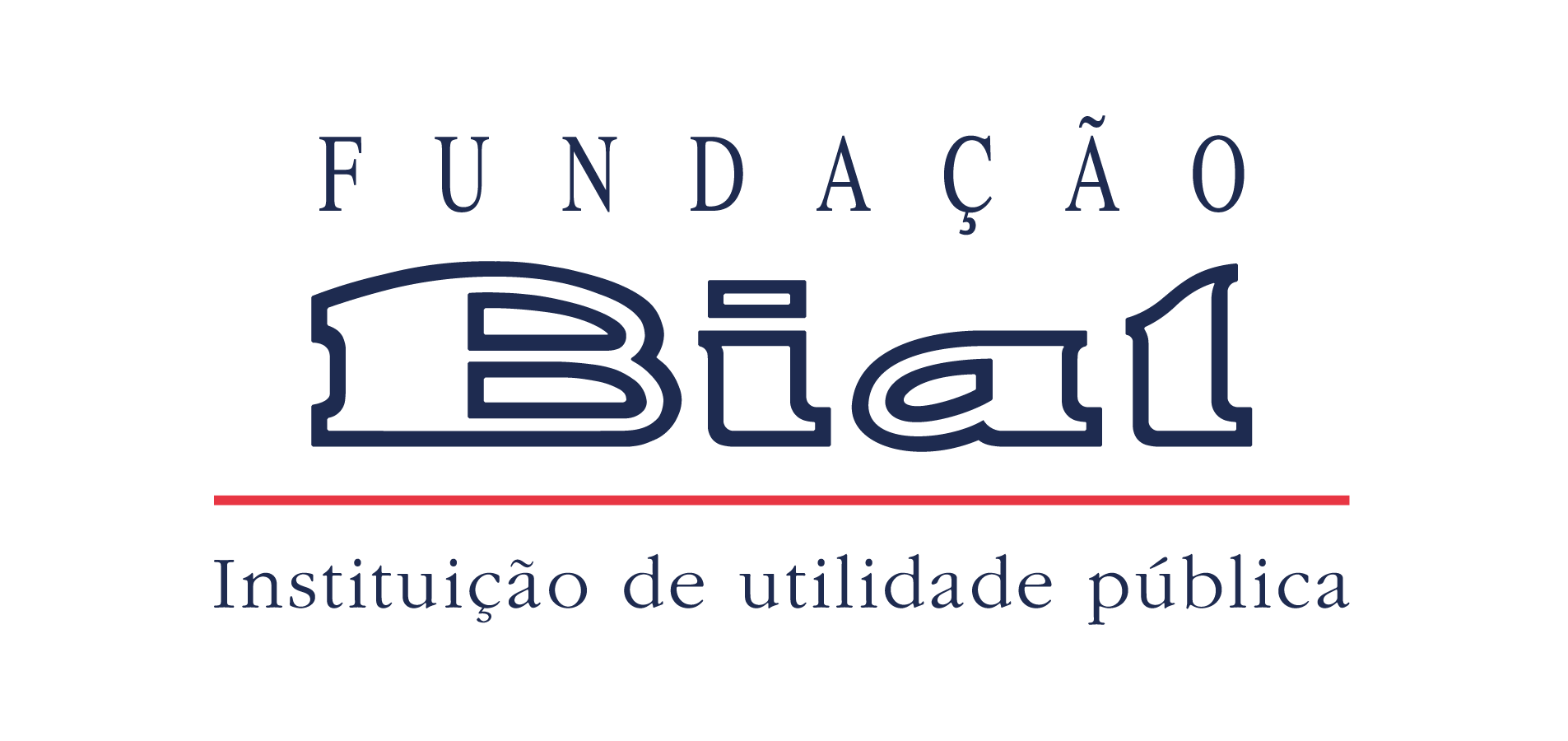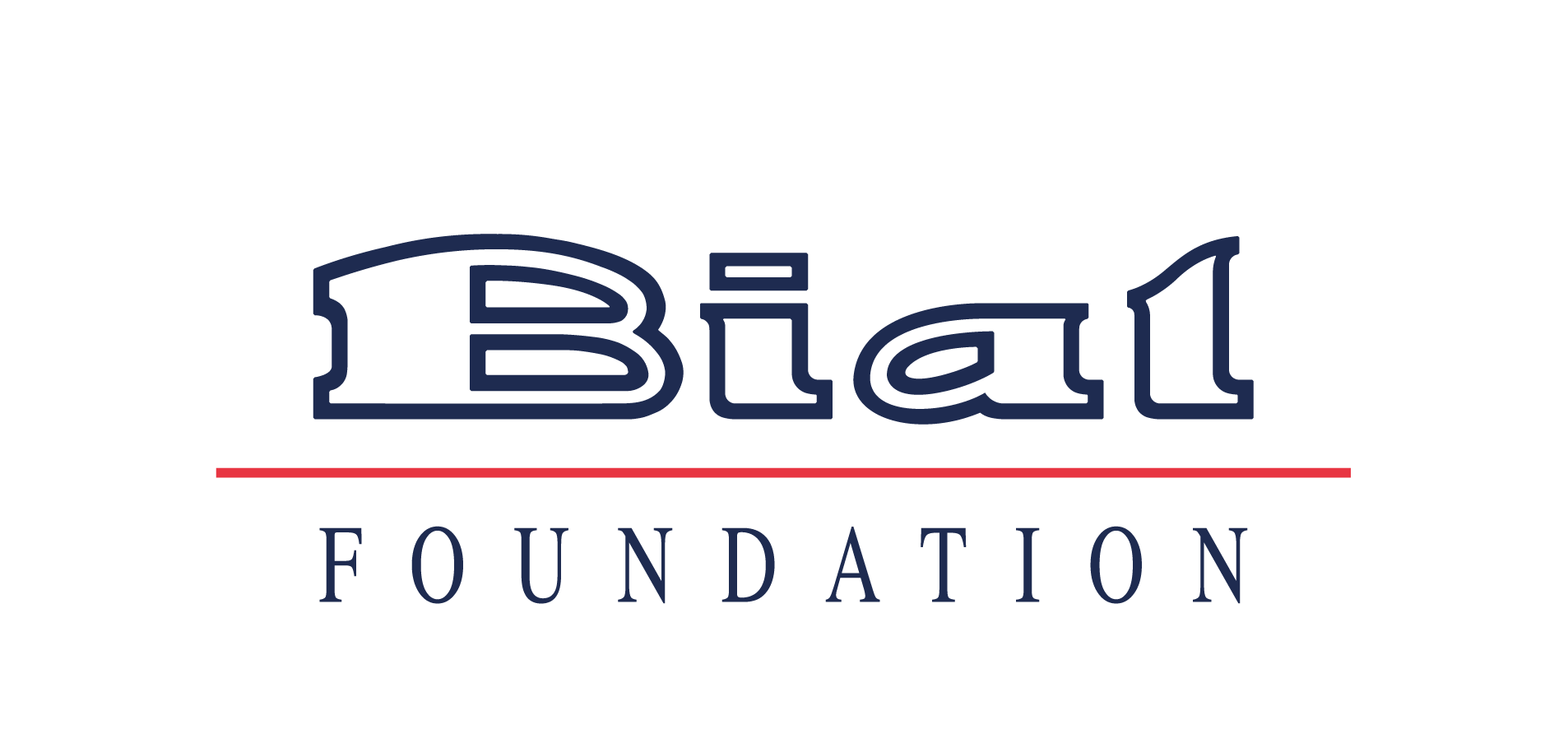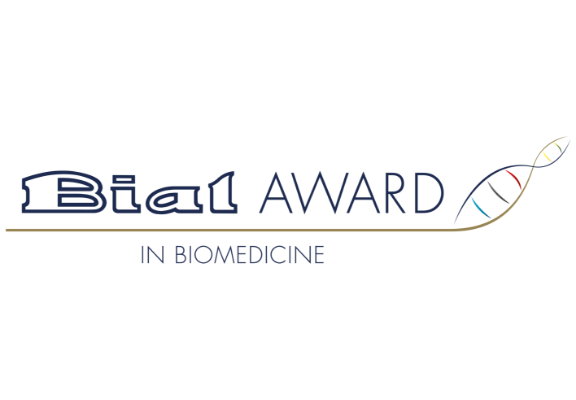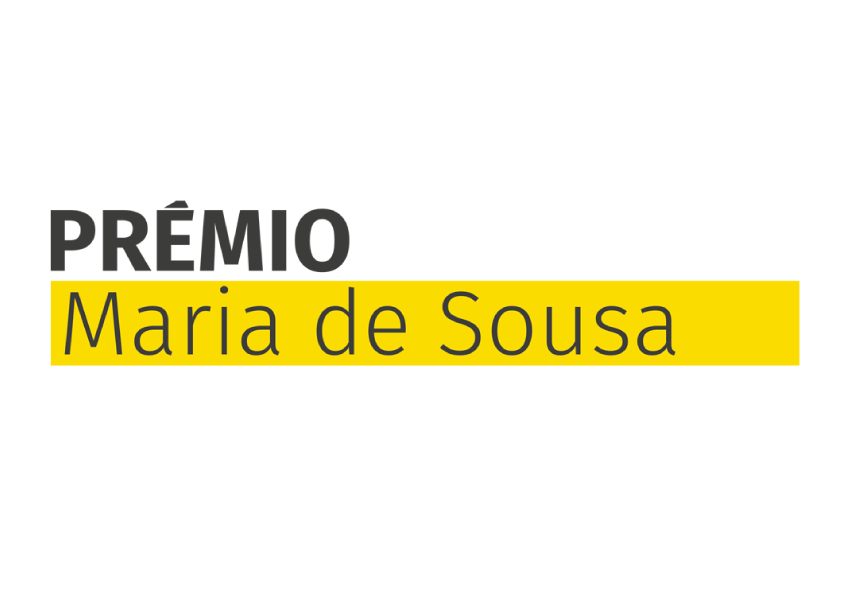News
- Science Stories
- Highlights
- Looking for collaboration
- Helpful links
- Logos
Science Stories
It is our mission being accomplished. Since 1994, the BIAL Foundation has approved for funding 946 projects, involving around 1900 researchers from 31 countries. There are three decades of support to Scientific Research Projects oriented toward the neurophysiological and mental study of the human being, in the areas of Psychophysiology and Parapsychology.
Discover the stories behind the science.
Science Stories

Does your dog have social skills?
A study suggests that viewing the owner’s face works as a positive social reinforcement for dogs. Learn more about this and other surprising results about “man’s best friend”.
News

The sweet taste in obesity
Albino J. Oliveira-Maia, principal investigator of the research project 176/10 - Dopaminergic regulation of dietary learning in humans and rodents, supported by the BIAL Foundation, published in the journal Frontiers in Nutrition the paper Enhanced sweet taste perception in obesity: Joint analysis of gustatory data from multiple studies. Comparing 246 individuals with severe obesity and 174 healthy volunteers, the study showed that sweet intensity perception is enhanced in obesity. However, no differences were found for sour, salt, or bitter tastants, suggesting specificity for sweet taste, associated with food reward.

The brain response to acquisition and reversal of threat predictions
Francesca Starita, principal investigator of the research project 47/20 - Fear in action: how Pavlovian fear learning shapes goal-directed motor responses, supported by the BIAL Foundation, has analysed the ability to flexibly readjust one's threat predictions to meet the current environmental contingencies and concluded that in the ventral medial prefrontal cortex the theta rhythm may play an inhibitory role of responses that are no longer appropriate. Additional results are described in the paper Theta and alpha power track the acquisition and reversal of threat predictions and correlate with skin conductance response published in Psychophysiology.
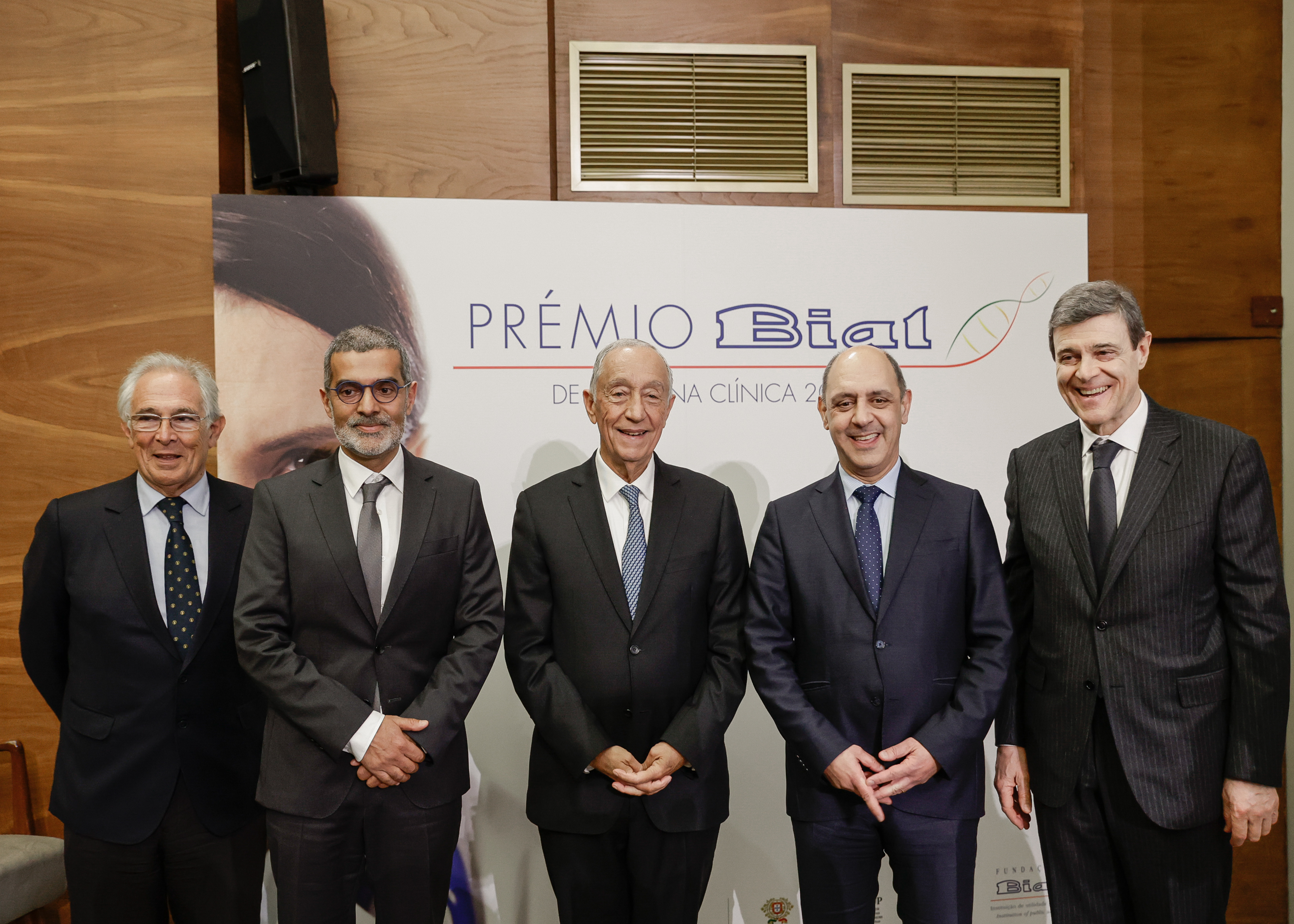
Prémio BIAL de Medicina Clínica 2022 distinguishes works on autism, brain tumors and hypertension
The award ceremony of the 20th edition of the Prémio BIAL de Medicina Clínica took place on February 8 at the Aula Magna of the Faculty of Medicine of the University of Porto, being presided over by the President of the Republic, with the presence of the Minister of Health, Manuel Pizarro, the Secretary of State for Higher Education, Pedro Teixeira, and the Mayor of Porto, Rui Moreira.

Hypnosis, Meditation and Prayer. Which is the most helpful?
The research team led by Alexandra Ferreira-Valente, in the scope of project 188/18 - COping with PAin through Hypnosis, mindfulness and Spirituality (COPAHS), supported by the BIAL Foundation, compared the immediate effects of hypnosis, mindfulness meditation and Christian prayer (CP) on pain intensity and pain tolerance. Findings suggest that single short-term hypnosis and mindfulness meditation, but not Christian prayer, may be useful for acute pain self-management, with hypnosis being the slightly superior option. The paper Immediate Effects of Hypnosis, Mindfulness Meditation, and Prayer on Cold Pressor Outcomes: A Four-Arm Parallel Experimental Study, reporting these results study, was published in the Journal of Pain Research.
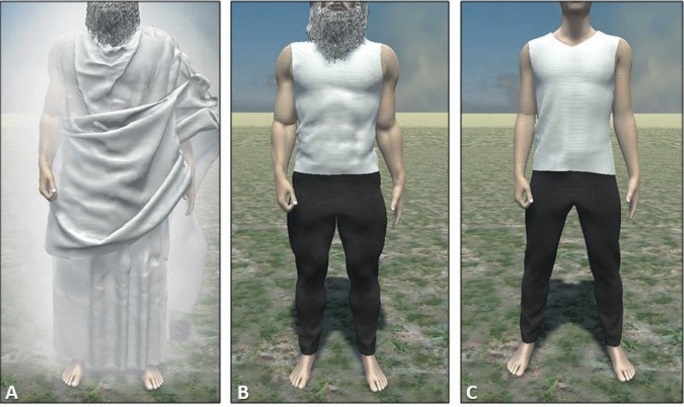
Can virtual reality reshape our self-representation?
In the scope of project 258/20 - In God's shoes: embodying the avatar of the supreme moral authority modulates psychophysiological indices of one's own morality, supported by the BIAL Foundation, Salvatore Aglioti and colleagues recruited a group of 54 volunteers, each of whom embodied three different avatars: one normal, one muscled and one omnipotent (an anthropomorphic representation of the Christian God). When embodying the omnipotent avatar, participants perceived adverse events as less threatening to their safety and thought they had more physical abilities, even when comparing to the muscled avatar. The authors concluded that the God-avatar may exert an influence on people’s perception of their own limits and capabilities. More information available in the article Embodying the avatar of an omnipotent agent modulates the perception of one’s own abilities and enhances feelings of invulnerability, published in Scientific Reports.
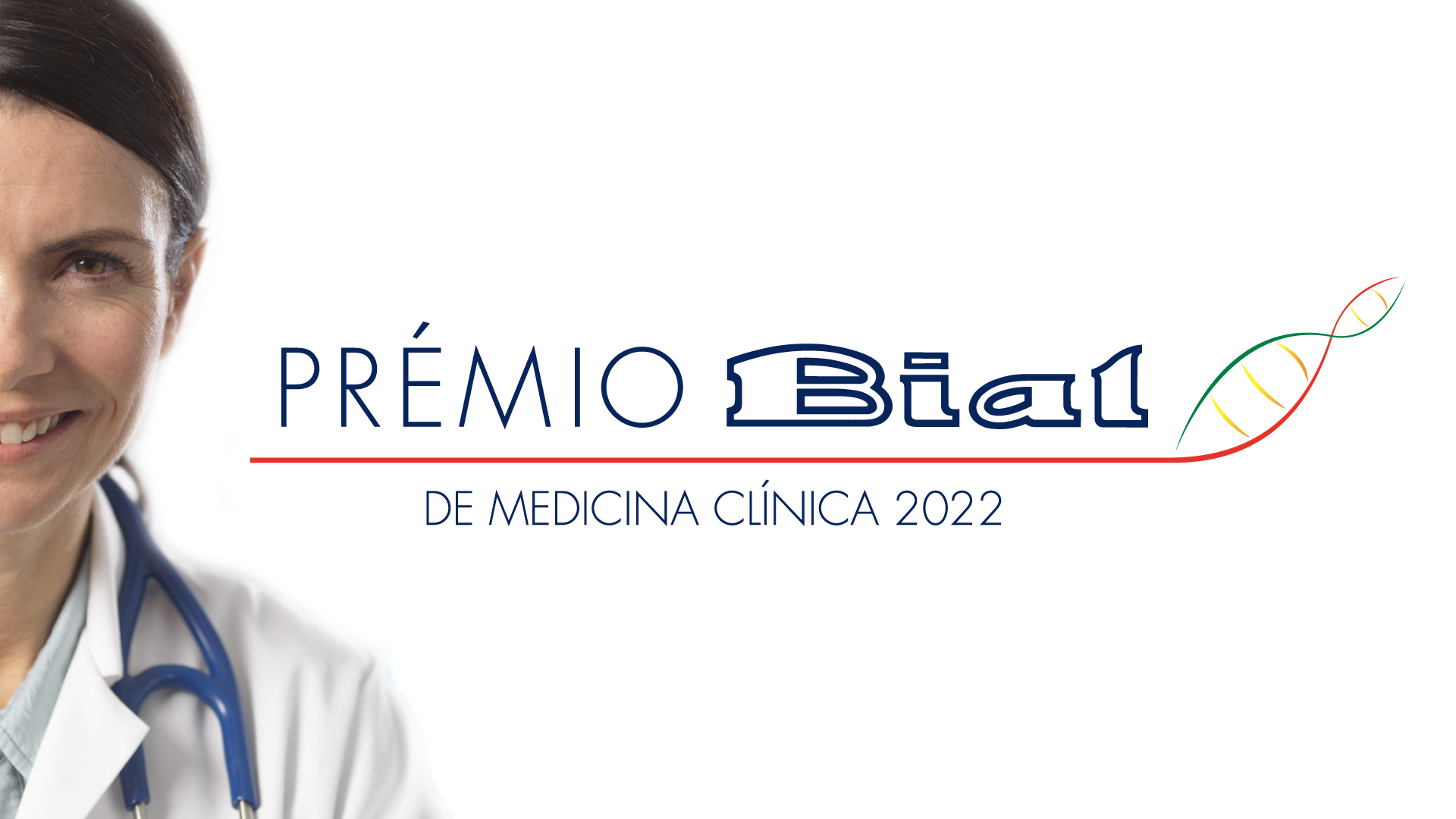
Award Ceremony of Prémio BIAL de Medicina Clínica 2022
The winning work of the Prémio BIAL de Medicina Clínica 2023 and the honorable mentions will be announced in the Award ceremony that will take place on February 8, 2022, at 6 p.m. in Porto, and will be held in a hybrid format, so everyone can watch online. The event will be presided over by the President of the Republic.
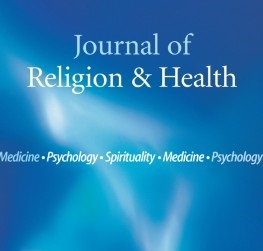
Can prayer reduce pain intensity?
An affirmative answer was obtained to the question “Can prayer reduce pain intensity?” as result of the systematic review and meta-analysis conducted by Alexandra Ferreira-Valente’s team in the scope of project 188/18 - COping with PAin through Hypnosis, mindfulness and Spirituality (COPAHS), supported by the BIAL Foundation. Detailed results are available in the paper Are Prayer-Based Interventions Effective Pain Management Options? A Systematic Review and Meta-analysis of Randomized Controlled Trials, published in the Journal of Religion and Health.

Excellence in Leadership Award by Exame awarded to Luís Portela
The chairman of the BIAL Foundation, Luís Portela, was distinguished by Exame magazine with the Excellence in Leadership Award for his contribution to the Portuguese economy, particularly for his work as leader of BIAL for more than 40 years.
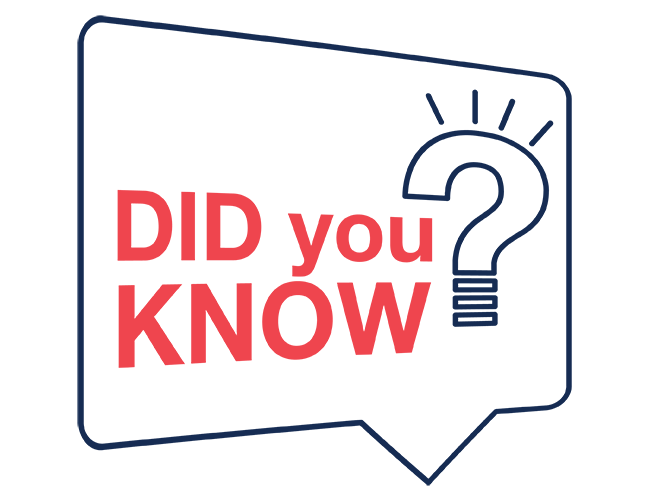
The BIAL Foundation has received 318 applications
Did you know that the BIAL Foundation has received 318 applications from 24 countries to the Grants programme for Scientific Research 2022/23 and 75 were approved?

Gratitude as stress-buffering
According to Brenda O’Connell, principal investigator in the research project 287/18 - More thankful, less stressed? Gratitude and physiological reactions to stress, supported by the BIAL Foundation, state gratitude has a unique stress-buffering effect on both reactions to and recovery from acute psychological stress. These findings are reported in the paper Gratitude, affect balance, and stress buffering: A multilevel examination of cardiovascular responses to a laboratory stress task published in the International Journal of Psychophysiology.

Can the brain retrieve unseen motor information during speech vocalization?
Alice Tomassini, supported by the BIAL Foundation in the scope of project 246/20 - The hidden rhythm of interpersonal (sub-)movement coordination, concluded that during speech listening the brain reconstructs articulatory information that is not available to vision. These findings are discussed in the paper Speech listening entails neural encoding of invisible articulatory features published in the journal NeuroImage.
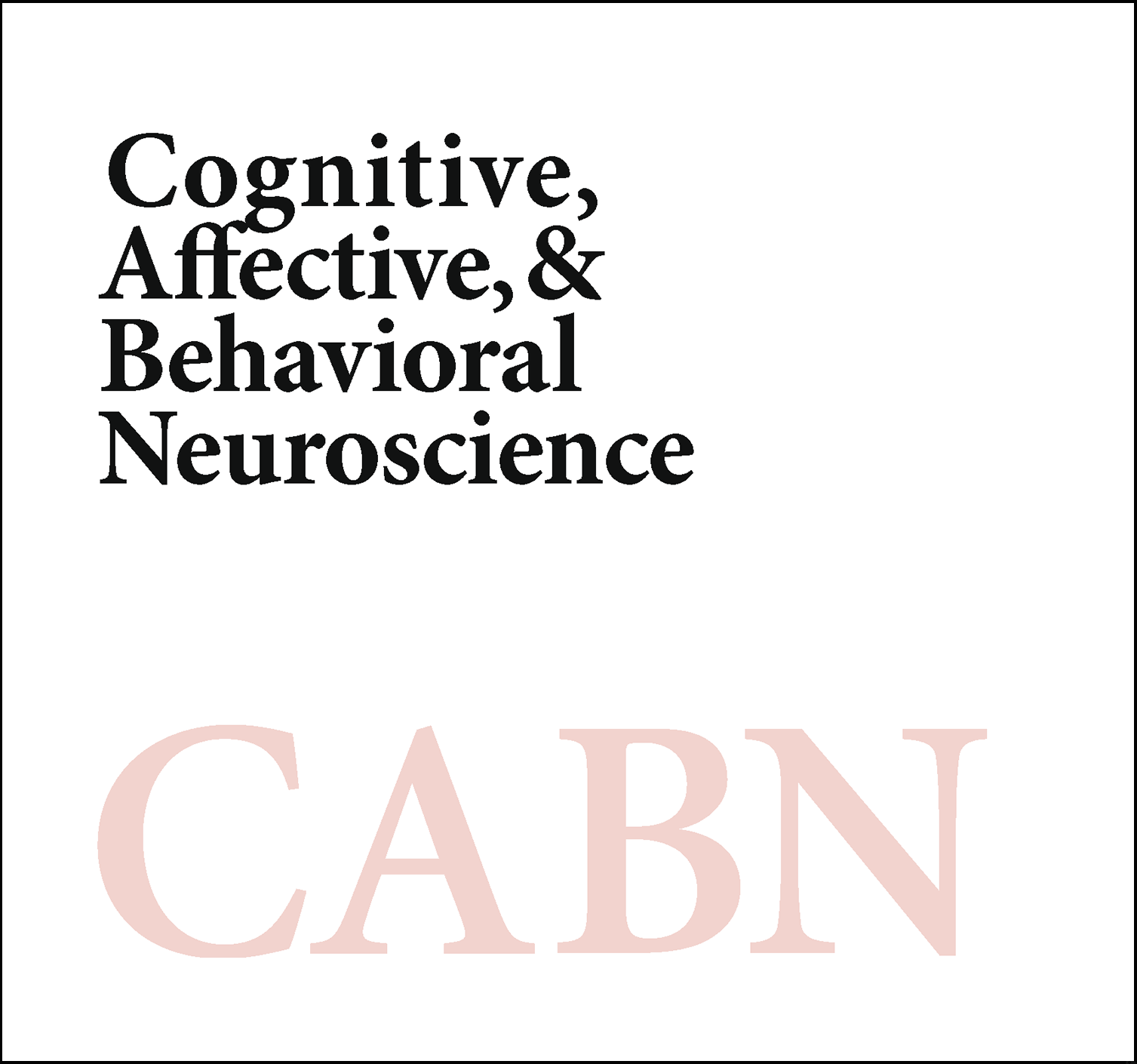
Does mood impact our confidence?
“Spontaneous fluctuations of mood and confidence in decision making are independent in the healthy adult population” was one of the main highlights of the study “Mood and implicit confidence independently fluctuate at different time scales” published in Cognitive, Affective, & Behavioral Neuroscience, and carried out in the scope of the research project 117/18 – The neuronal basis of biases, led by Rubén Moreno Bote and supported by the BIAL Foundation.
Looking for collaboration

The quest of physiological markers for the experience of pain
Researcher: Elia Valentini - Department of Psychology & Centre for Brain Science, University of Essex Summary: The aim of this project is to improve measurement of the human experience of pain by investigating a combination of psychophysical and physiological responses during mild noxious stimulation. More specifically, we want to investigate how sensitive and specific to pain the brain oscillatory responses are. We use EEG as the main technique, but we are keen to collaborate with neuroscientists using fMRI, autonomic measures and brain stimulation as well as with computational neuroscientists. A clinical collaborator would also be very much welcome.

EEG investigation of hypnosis and decision-making
Researcher: Rinaldo Livio Perri - University Niccolò Cusano Rome, Italy Summary: I work in the field of hypnosis and cognitive neuroscience. In particular, I adopt the event-related potentials (ERPs) to investigate the effect of the hypnotic suggestions on sensory processing and cognitive performance. I am an expert in decision-making and proactive brain processes before the stimulus administration (e.g., the perceptual, prefrontal and premotor readiness during the expectancy stage). I could help colleagues to properly analyze the ERP signal in the pre-stimulus stage of processing. Also, I would be happy to share my EEG data for re-analyzing them in the frequency domain (e.g., wavelet or coherence analysis in the hypnosis research). Feel free to contact me for any question! More information on my papers: https://scholar.google.it/citations?user=-8e_V64AAAAJ&hl=it Possible collaborations: neuroscientist with experience in the EEG frequency analysis Email: perri.rinaldo@gmail.com

Transparent Psi Project - looking for collaborators
Summary: We are running a fully transparent, expert consensus-base multilab replication of Bem’s (2011) experiment 1. The project features state of the art methods to maximize transparency and study integrity. The study involves a computerized experiment taking about 20 minutes per session. Group testing is possible in a computer lab, no specialized equipment needed. Labs are expected to recruit at least 100 participants. Participants will be exposed to images with explicit erotic/sexual content in the experiment. No financial compensation is required for the participants. Data collection is expected to take place in the 2020 fall semester. Every material is provided for ethics/IRB submissions and data collection in English (translation of materials might be necessary by the collaborators). The study is pre-registered and the manuscript is accepted in principle for publication in the journal Royal Society Open Science. All collaborators who meet the minimum sample size criterion will get authorship on this paper reporting the results of the replication study. More information in the preprint: https://psyarxiv.com/uwk7y/ Indicate interest in the collaboration via the following form: https://tinyurl.com/tpp-labs With any question contact the lead investigator: Dr. Zoltan Kekecs, kekecs.zoltan@gmail.com

Cognitive control and learning
Researcher: Ignacio Obeso, Ph.D. / CINAC - HM Puerta del Sur Summary: The aim of our projects is to understand the behavioral and neural mechanisms used to learn how humans establish adaptive behaviour in changing contexts. More specifically, we want to decipher how stopping abilities are initially learned and later executed under automatic control. We use task-related fMRI, brain stimulation and clinical models to test our predictions in laboratory settings as well as online home-based paradigms. Possible collaborations: computational scientist Email contact: i.obesomartin@gmail.com https://iobesomartin.wixsite.com/cognitivecontrol
Find here some links to other Foundations, Organizations, Societies and more that you might be interested in.
- BrainFacts.org
- Cognitive Neuroscience Society
- Dana Foundation
- European Brain Council
- European Society for Cognitive and Affective Neuroscience (ESCAN)
- Federation of European Neuroscience Societies (FENS)
- Human Brain Project
- IANDS International Association for Near-Death Studies
- Institut Métapsychique International (IMI)
- Instituto de Psicologia Paranormal
- International Behavioral Neuroscience Society (IBNS)
- International Brain Research Organization
- IONS Institute of Noetic Sciences
- Kavli Foundation
- Koestler Parapsychology Unit
- Open Sciences
- Organization for Human Brain Mapping (OHBM)
- Parapsychological Association
- Psi Encyclopedia
- Rhine Research Center
- Sociedade Portuguesa de Neurociências
- Sociedade Portuguesa de Neurologia
- Society for Neuroscience
- Society for Psychical Research
- Society for Scientific Exploration (SSE)
- World Federation of Neurology


